Five states raise voice to back Indigenous recognition: Newspoll
A majority of Australians in a majority of states support enshrining an Indigenous voice to parliament in the Constitution, finds Newspoll.
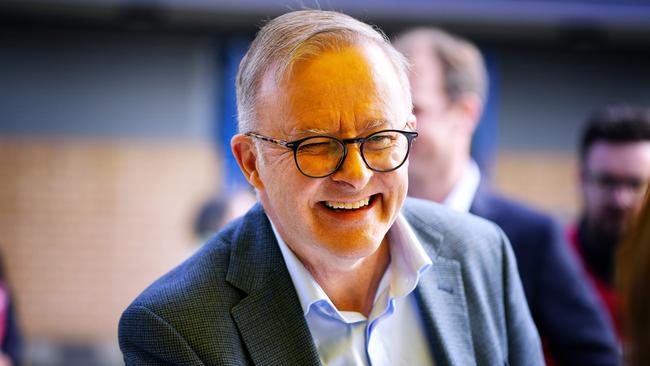
A majority of Australians in a majority of states support enshrining an Indigenous voice to parliament in the Constitution, signalling the likelihood that a referendum would meet the critical double majority test to succeed if one were held today.
An exclusive Newspoll conducted for The Australian shows 54 per cent of all Australian voters support constitutional recognition and an Aboriginal and Torres Strait Islander voice to parliament, with 38 per cent opposed.
Critically, the poll shows that the referendum would also meet the requirement of obtaining a majority of voters in a majority of states, with Queensland the only state to fall short.
The quarterly analysis was based on 4756 voter interviews between February 1 and April 3 and is the first to test the level of support within each state. It also reveals a gaping generational division between the views of younger and older Australians.
The poll comes ahead of a critical meeting of the Liberal party room on Wednesday in which Peter Dutton is set to formalise his party’s final position on the issue.
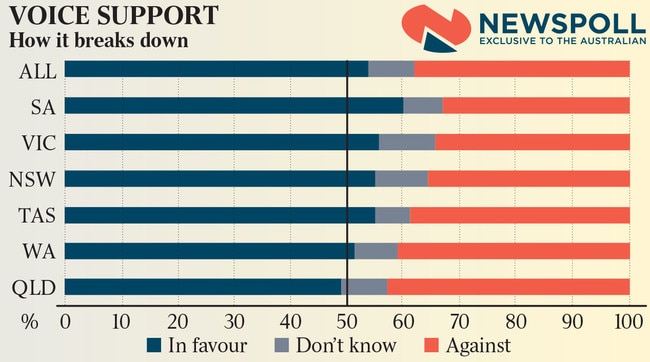
Anthony Albanese called on state and local governments, business and community organisations to join the Yes campaign to ensure the referendum was successful. “The proposed referendum question provides for recognition and consultation for Indigenous Australians while maintaining the primacy of parliament,” the prime minister told The Australian on Tuesday.
“It is a generous and gracious offer of reconciliation, which I hope is endorsed by Australians across all states. The support of every state and territory government, local councils, business, sporting codes, faith groups, unions and community organisations will continue to build support for this nation-enhancing proposal.”
The strongest support for the Yes case was in South Australia where 60 per cent of voters said they approved when asked if they were in favour of a proposal to alter the Constitution to establish an Aboriginal and Torres Strait Islander voice to parliament. A third of voters were opposed.
Victoria recorded the second strongest level of support with 56 per cent in favour and 35 per cent against, followed by NSW with 55 per cent for and 36 per cent against. Tasmania also recorded a 55 per cent Yes vote with 39 per cent not in favour.
Western Australia had the narrowest majority with 51 per cent in favour and 41 per cent against.
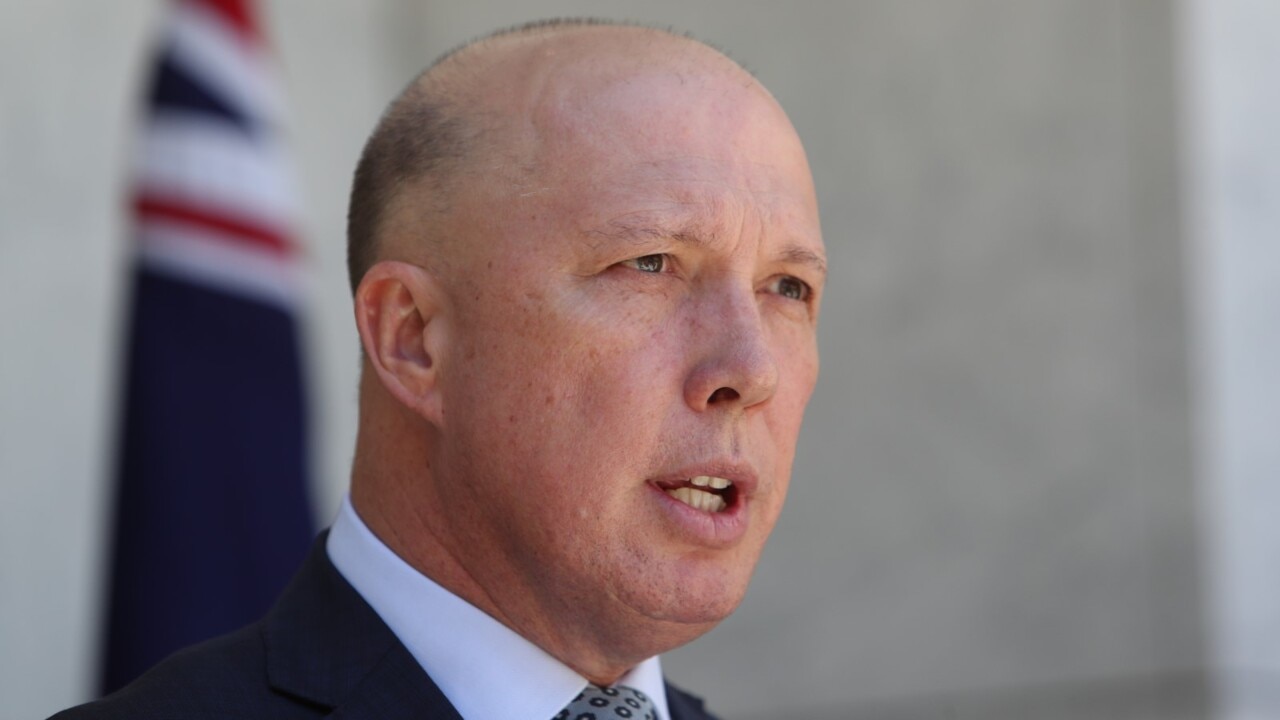
Queensland was the only state that failed to secure a majority with 49 per cent backing the voice to parliament and 43 per cent in the No camp.
While voters in the ACT and the NT are counted in the national tally, whether the territories reach a majority is not a factor in the success or failure of a referendum.
Support for a Yes case will need to be sandbagged in Western Australia and Tasmania – the states with the thinnest majorities in support – to increase the chance of the referendum being successful.
The Opposition Leader has argued that the model being proposed is too short on detail and the government’s proposed model, which includes the voice’s ability to advise executive government, could have unintended legal consequences. Opposition legal affairs spokesman Julian Leeser has proposed a radically different model that would enshrine constitutional recognition but remove from the constitutional amendment the proposed clause relating to the voice’s ability to advise parliament and executive government, and instead legislate the bodies that it could advise. The referendum bill is before a joint parliamentary committee and is expected to be voted on in June.
The Newspoll reveals significant community divisions along demographic lines with support strongest among younger voters. More than two thirds of 18 to 34 year olds and 58 per cent of 35 to 49 year olds back the principle. Even among those aged 50 to 64, those in favour, while not an outright majority, ranked higher at 48 per cent compared with 43 per cent against. Voters aged over 65 were the only group where numbers against the voice outweighed those in favour – 54 per cent to 40 per cent.
Women were more likely to support the voice than men.

There are clear divisions within other demographic groups. A total of 63 per cent of tertiary-educated voters were supportive compared with 49 per cent of people with no tertiary qualification.
The majority of 54 per cent in support of constitutional change is the average of three Newspoll surveys conducted between February and April. Those polls revealed 56 per cent support at the start of February, 53 per cent a month later and 53 per cent at the end of March.
The most recent single survey of 1500 voters conducted between March 29 and April 1 was conducted following the release of the Albanese government’s wording of the constitutional alteration and the model for the voice to parliament.
The percentage of voters in that survey opposed to the original proposition rose one point to 39 per cent.
There were clear divisions along party political lines evident across all three surveys with a decline in the levels of support among Greens voters from the previous poll to the most recent. Voters who identified as supporters of other minor parties including Pauline Hanson’s One Nation and independents also fell nine points from the previous poll to the most recent. Support among Labor voters was at 72 per cent compared with 55 per cent of Coalition voters claiming to be against the proposal.
There were marked differences in opinion based on work status and income with middle and higher income households more likely to support the Yes case compared with those on lower-income brackets.
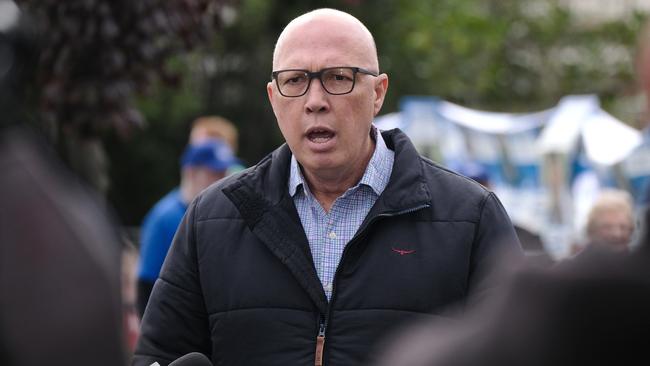


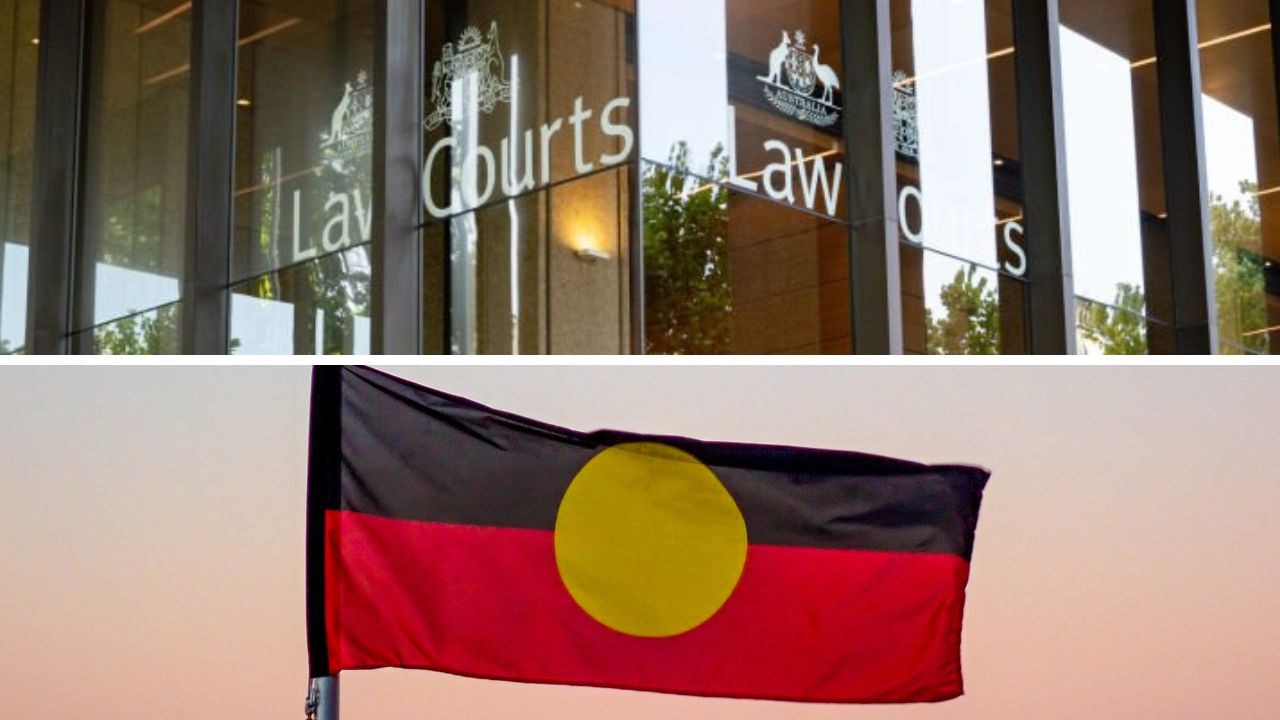
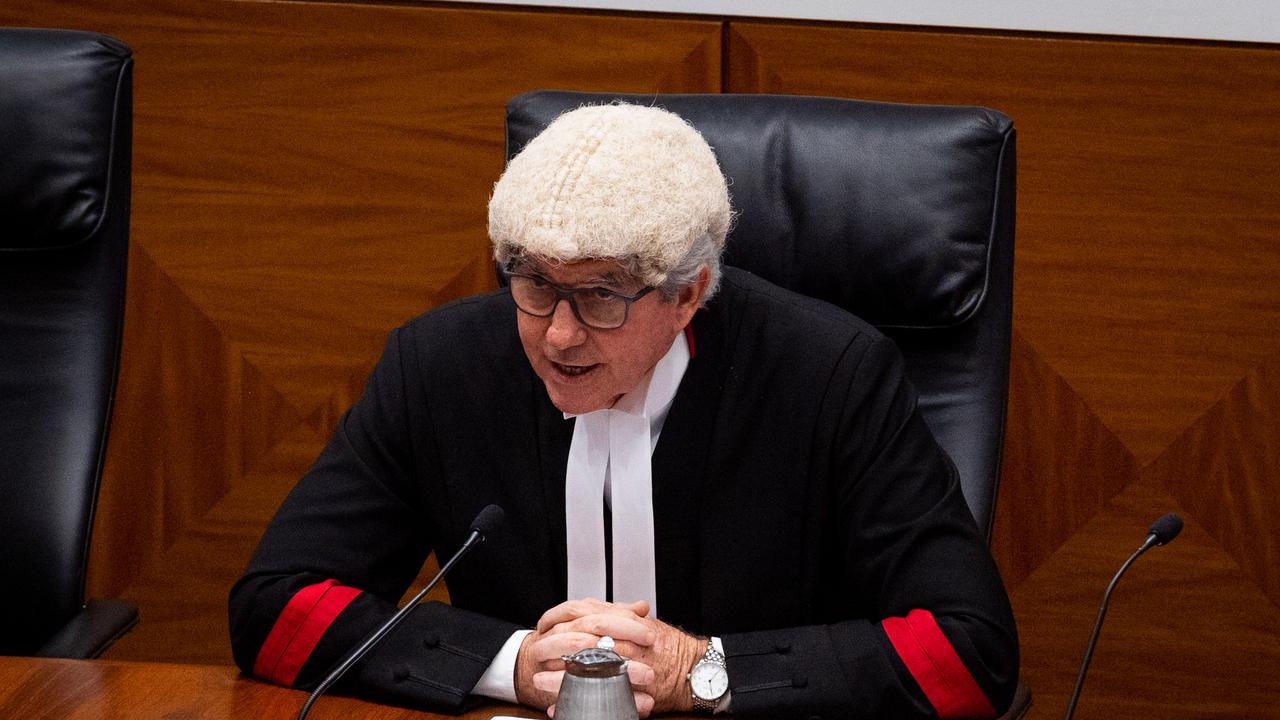
To join the conversation, please log in. Don't have an account? Register
Join the conversation, you are commenting as Logout